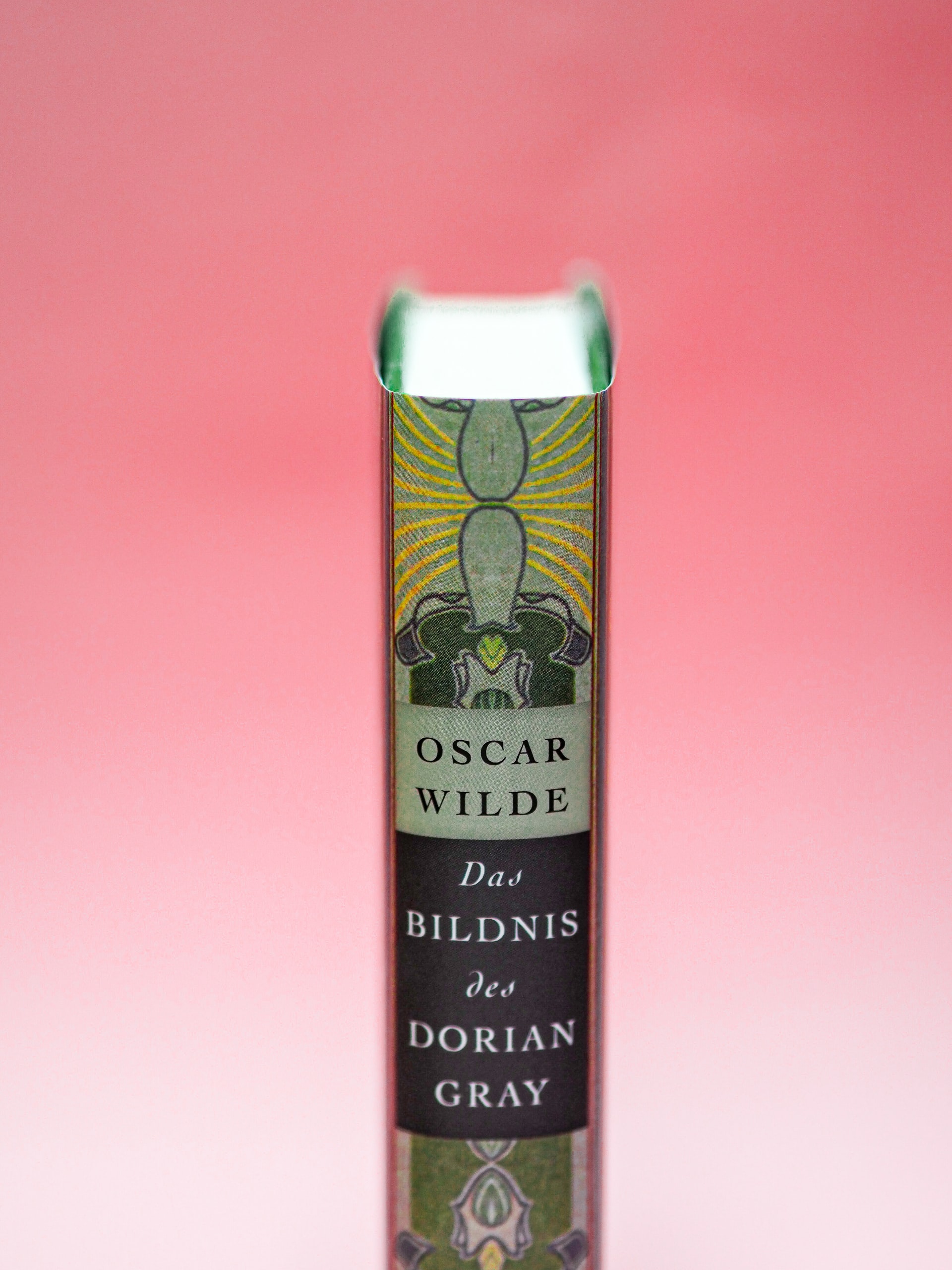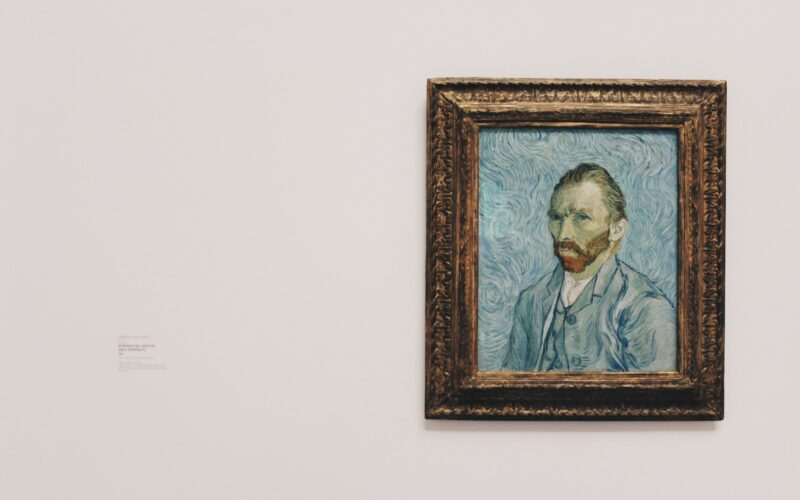Aesthetics: A Christian Philosophy of Art (3/3)
What is the difference between art and propaganda? What makes some painters better than others? A Christian philosophy of art is desperately needed in our ugly and twisted culture. Francis Schaeffer, the Christian thinker of the 20th century, has valuable insights on how to judge art, as well as practical advise for art appreciation and Christian artists today. In this final installment, we bring together the final pieces of a Christian philosophy of art.








